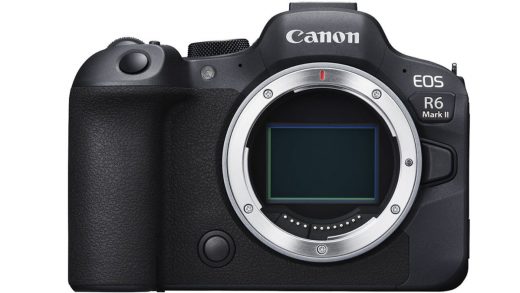
An average of 1.3 people catch the ferry from a North Shore wharf after a $2.6 million upgrade.
Te Onewa Northcote Point Wharf closed from February to May for Auckland Transport to make safety improvements to the berthing structure, at a cost of $753,000.
At the time, the wharf had only been reopened for a year, having closed in June 2018 for health and safety reasons which saw a $2.6m upgrade.
In the year between the wharf reopening and closing again, Auckland Transport data shows patronage was low.
READ MORE:
* Auckland’s Northcote Point ferry services resume after two and a half year wharf closure
* Auckland’s Northcote Point ferry services suspended after crew member injured in berthing incident
* Auckland ferry incident ‘could have been much worse’, emails show
* Auckland’s Northcote wharf to close again, a year after its $2.6m upgrade
David White/Stuff
Patronage to-and-from Te Onewa Northcote Point Wharf has been low since the wharf reopened after a $2.6m upgrade.
Just 498 people caught a ferry from the wharf, averaging 1.3 people per day.
North Shore ward councillor Chris Darby said many Northcote and Birkenhead residents commuted to the city for office jobs, which were impacted by Covid-19 restrictions last year.
Auckland was under Covid-19 alert level 3 and 4 restrictions for 117 days in 2021, during which travel was either restricted or not allowed for non-essential purposes.
The wharf had received a “big investment” in recent years because it was important to retain infrastructure, given the wharf was only a short detour for the Birkenhead service, Darby said.
“We’re in an environment now where we have to move to reducing emissions at a dramatic rate.”
Alden Williams/Stuff
North Shore ward councillor Chris Darby said retaining infrastructure like Te Onewa Northcote Point Wharf was important for helping reduce climate emissions.
Auckland Transport attributed the “extremely low” patronage to the amount of time the wharf had been closed for upgrades, a spokesperson said.
It was likely those who moved onto buses after the wharf closed in 2018 “may still not see the ferry as an option”, a spokesperson said.
It also admitted the current route to the city was “unattractive”, as it went via Birkenhead rather than direct to the city, due to safety issues when berthing in the other direction.
However, the wharf’s recent upgrade meant ferries could safely berth in both directions. Auckland Transport was looking to improve the route and timetable around this, which it expected would “make a meaningful difference” to passenger numbers.
On the weekdays between the two wharf upgrades, 2596 people disembarked the ferry at Northcote, while just 11 boarded for the city – the latter number of which the Auckland Transport spokesperson described as “bizarrely low”.
DAVID WHITE/STUFF
The wharf’s exposed location makes it prone to weather events and rough seas.
In the weekend – when the ferry runs in a loop between the city, Birkenhead, Northcote and Bayswater – 487 people tagged on at the wharf and 505 tagged off.
Auckland Transport figures for before the wharf’s 2018 closure showed about 80 people caught the ferry from Northcote each day.
There were usually between 40 and 44 sailings past Northcote per weekday, six on Saturdays and five on Sundays. However, the weekend loop ran during the weekdays of November and December 2021 due to Covid-19 restrictions and reduced demand.
The majority of the offpeak weekday sailings do not stop at the wharf unless requested by a passenger.
Darby encouraged people to give the ferry a go, adding that ferries might be a better option than the bus for those with Covid concerns, given they are less enclosed.
David White/Stuff
Auckland Transport is encouraging North Shore residents to use the Northcote ferry to experience a unique view of the Auckland Harbour Bridge.
“If you want to avoid the congestion that you’ve found yourself in, maybe having moved away from public transport, now’s the time to get back on the ferry, bus or train.”
Auckland Transport will explore ways to get North Shore residents back on the ferries once its operators recover from staff shortages and are able to return to full timetables.
It would also seek to improve the timing of the 928 bus to the wharf, so that better connects with the ferry schedule.
“There’s never been a better time to hop onboard, explore Tāmaki Makaurau and see our iconic Harbour Bridge from a different perspective.”


